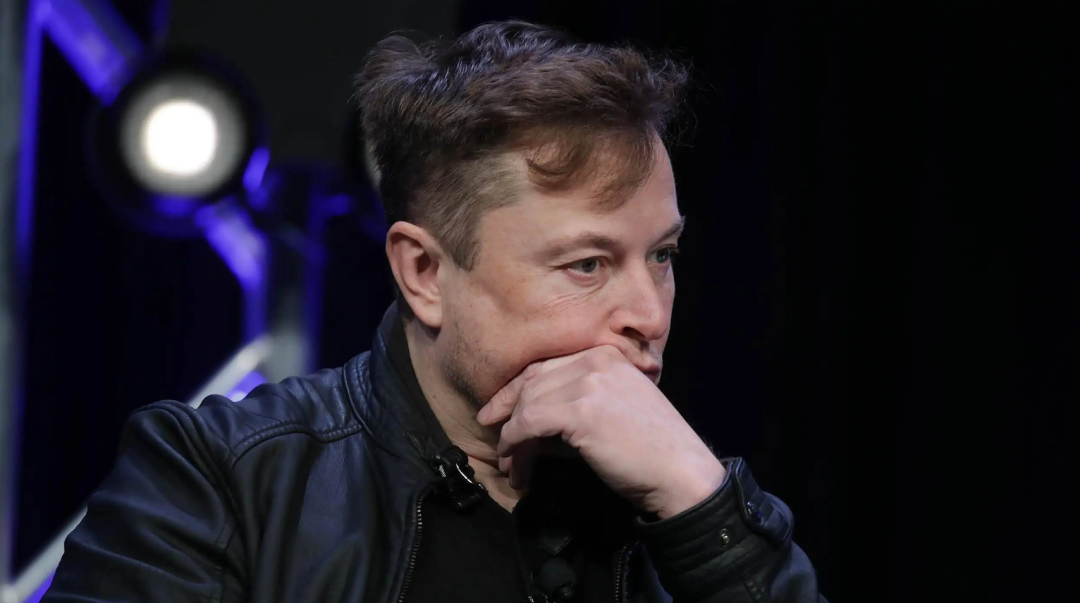Love
In the suburbs of Hawthorne, Los Angeles, the headquarters of SpaceX is only a few miles away from Los Angeles International Airport. Visitors to the SpaceX headquarters will see two giant Mars posters hanging on the corridor walls leading to Musk’s office.
On the left poster is the current Martian topography, a cold and desolate red planet. The right poster displays a lively scene, with vast green land surrounded by the ocean and a warmer temperature, suitable for human habitation. This is Musk’s life goal.
“I have always believed that if we can solve the renewable energy problem, step by step make humans into an interplanetary species, and establish a self-sufficient civilization on another planet to prevent the danger of human extinction, then humanity will have a bright future, and that would be fantastic,” Musk said.
If some of the things Musk says sound absurd, it’s because they are, to some extent. While Musk talks about saving humanity, he still has some cookie crumbs on the corner of his mouth.
Today, Silicon Valley has been trapped in a loop of pleasing consumers, and people seem to no longer believe technology can change the world. But Musk remains faithful to the Silicon Valley spirit and continues to build extremely complex physical products.Translating the Markdown Chinese text below to English Markdown text while preserving the HTML tags inside as a professional translator. Outputting only corrections and improvements without writing any explanations.
For example, SpaceX is experimenting with reusable rockets that can carry cargo into space and then land accurately back on the launch pad. If SpaceX can perfect this technology, it will deliver a devastating blow to all competitors, causing some rocket industry giants to go bankrupt and establishing the US as the world leader in manned and unmanned spaceflight.
“I really want to ensure that humanity has a bright future and we are on the path to understand the fundamental nature of the universe and what life is all about. Why are we here, how did we get here? To understand the nature of the universe and all these basic questions, we must expand our scope of consciousness. Taking action to make it better, it will do so.”
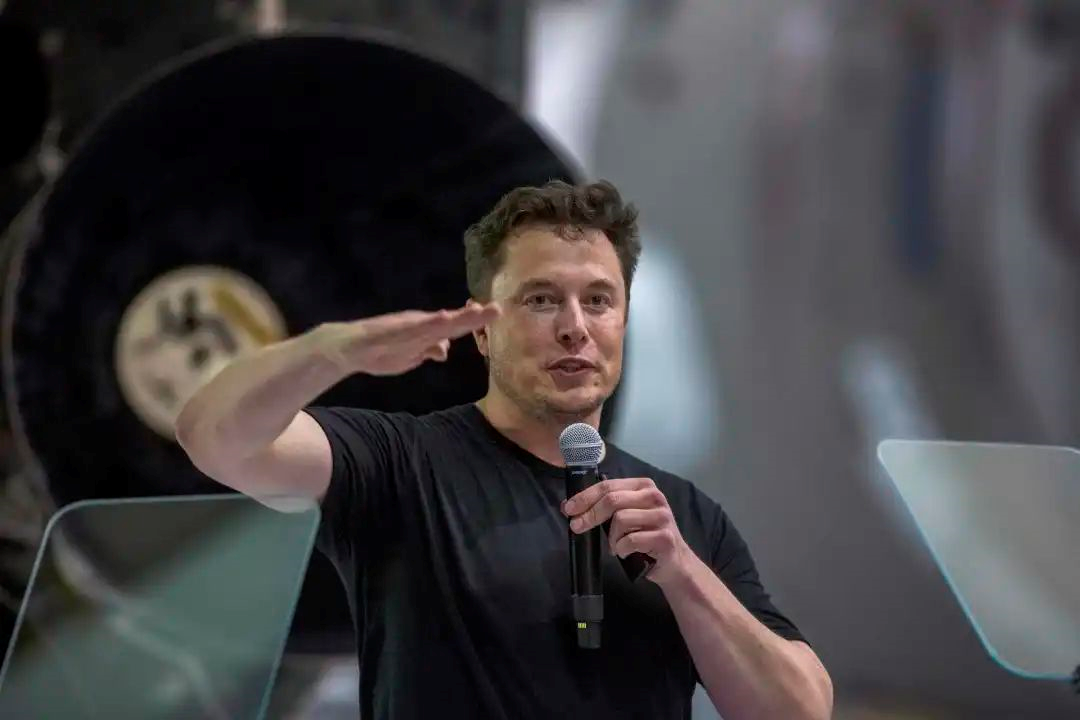
Musk always says in public, “I encourage everyone to learn as wide a range of subjects as possible. With an interest in mind, people can learn the fundamentals of each field and then think about how to integrate knowledge from different fields.” Charlie Munger has said the same thing.
On this issue, Musk once said in a Reddit AMA, treat knowledge of each subject as a tree, based on understanding the basic principles, and then seek mastery of the leaves and details. This is also the core meaning of Musk’s repeated emphasis on the first principle of knowledge construction. Afterwards, continually verify and practice through the theories formed from different disciplines.
Currently, Musk’s net worth changes by billions of dollars daily, and some say that every minute of his high-quality thinking generates $1 million of influence on Tesla.
Musk is always talking about human survival, but he never cares about the impact of his lifestyle on himself. He always works overtime.
Kevin Watson, who joined SpaceX after working at NASA for 24 years, said he is extremely hands-on and knows almost everything. When he asks you a question, it is not acceptable to answer without thinking. He wants the basic laws of physics. The amount of knowledge he has accumulated over the years is astounding.
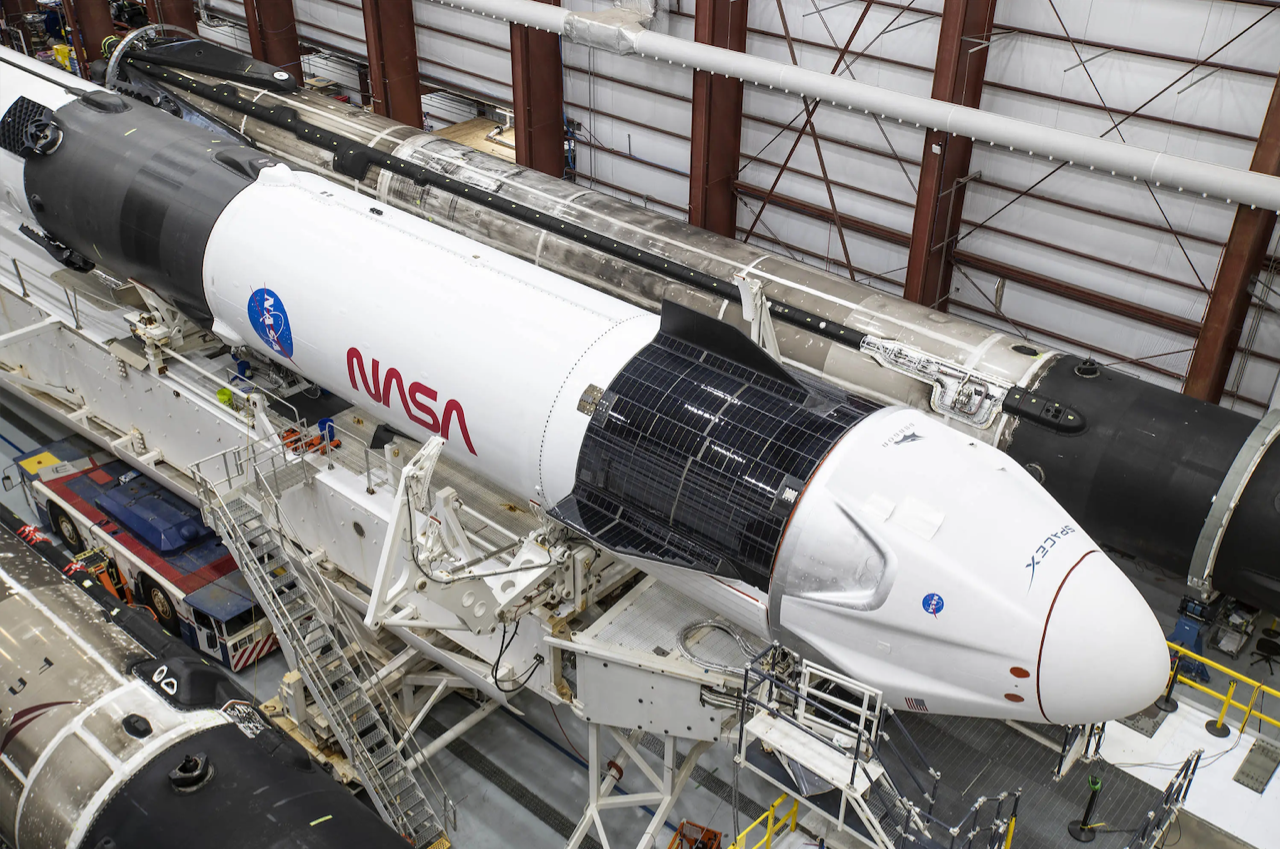
“He can participate in two discussions at the same time, one about launching satellites, and the other about whether we can send the Dragon spacecraft to the correct orbit and reach the destination, and immediately solve all the equations in his mind.”
No need to deify Musk, what’s more important is his passion.
Optimism
Musk often speaks extemporaneously in public, so you can see that his overly optimistic personality often leads him to make some statements that are inaccurate.During a conversation with Chris Anderson, editor-in-chief of the American magazine Wired, Musk said, “I need to think about the future, not just think that it sucks. Many people feel sad about the future, but we hope to be excited about what is about to happen. Life cannot be simply solved by one tragic problem after another.”
“For example, I’ll make the best guess I can about something now and some asshole will write an article in five years saying Elon Musk said this, but it didn’t happen, he’s a fraud and a liar – it’s very annoying,” Musk continued.
For him, many predictions are just optimistic guesses. “Yeah, I hate to shock you, but I’m not always right.”
He recalls, “For instance, self-driving cars had so many false starts, you think you have the problem solved, you know the problem, and then, no, it turns out you hit a ceiling. If you plot progress, it looks like a series of logarithmic curves. And before that, you basically had no conscious idea how dumb you were, and then it just keeps occurring. Ultimately, to get to full self-driving you have to solve real-world AI.”
Musk predicts that they will solve this problem this year. He said, “By the end of the year, I think we’ll be at, probably, over 100% safer than a person [driving a car].”
Musk’s predictions are not always wrong, sometimes he gets them right. When talking about Tesla sales, in 2014, when Tesla sold less than 60,000 cars, he predicted that sales would reach half a million cars per year by 2020. Despite falling short of that number, the total was only off by 450 cars showing he was almost there.
Interestingly, if you list Musk’s words, you might think that he is the most shameless liar in the world, and if you list his correct actions, people will be crazy about him. This is his duality – he makes as many mistakes as he does right things.
For Musk, what’s most important is not whether his predictions are correct about when something will happen but that it happens at all.
Today, more and more people are beginning to believe in Musk, to the point where even Musk himself is surprised. More and more people are getting used to his off-the-wall statements and overly optimistic utterances.
Musk’s path forward is not without obstacles. Armstrong, Musk’s idol, famously declared “one small step for man, one giant leap for mankind,” but as it turns out, Armstrong himself wasn’t a fan of Musk’s commercial spaceflight project. Neil Armstrong and Eugene Cernan are among those who have spoken out against it.”He believes that SpaceX is not likely to achieve its plans, including space exploration projects such as sending humans to Mars,” says Neil deGrasse Tyson, an American astronomer.
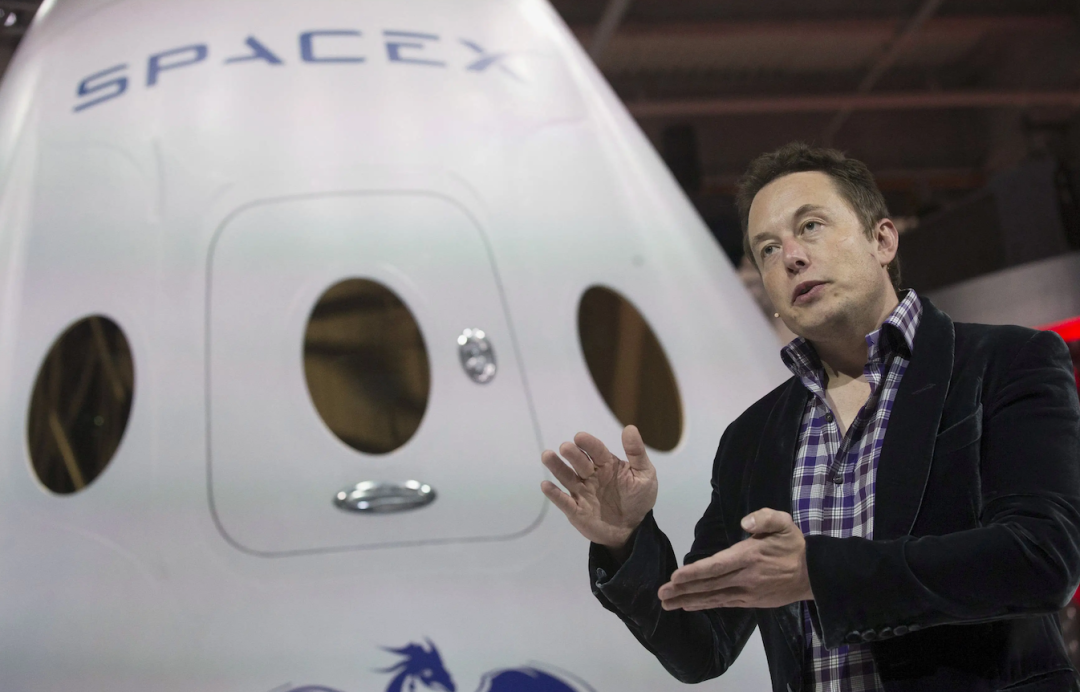
Tesla is listed as the least likely successful company on Wall Street. “Don’t buy Tesla’s stocks, it’s just a waste of money, you shouldn’t even rent their cars.”
“The electric car is not feasible in many ways and is useless to customers. The religious belief in electric cars, like the town of Jonestown, will ultimately go bankrupt.”
Even presidential candidates are beginning to question Tesla. “You spent $90 billion, which could have been invested in wind and solar energy that is worth researching for 50 years. Instead, you chose the losers among the winners and losers.”
The facts seem to be developing in the direction predicted by the skeptics. In 2008, Elon Musk faced a crisis. A Roadster had a pre-sale price of $85,000, but cost $200,000 to produce. Under Musk’s high-pressure management and high-intensity work, Tesla employees abandoned the company one after another; Falcon 1, SpaceX’s third launch, failed.
Everyone thought that Musk could only choose between SpaceX and Tesla, and Musk himself thought so too. “I think I’m almost finished.” The website “The Truth About Cars” even opened a section called “Tesla Death Clock,” which features dozens of articles every day discussing how Tesla will perish.
“I won’t give up. I don’t know what giving up means, unless I’m trapped or dead.”
Musk’s ex-wife, Justine, once described her former husband as extremely successful at the cost of many other things.
He repeatedly asked his friends, “Do you think I’m crazy?” It’s not just a question for others, but also for himself. Without his inherent paranoia, he would have had a hard time persevering through continuous self-examination to get to where he is today.
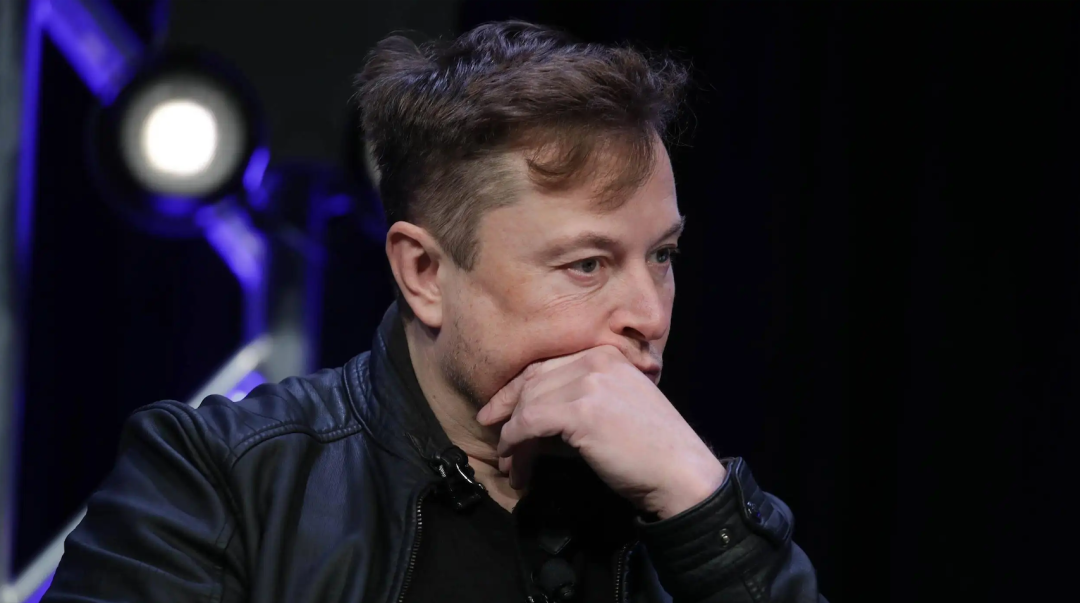
Paranoia runs through Musk’s entire entrepreneurial journey. He presents a heroic epic of joy and sorrow, and his deepest feeling is that he is destined to change the fate of humanity. As a result, he finds it difficult to recognize individual emotions, and his warm, humane side is overshadowed.
In 1999, when Musk led X.com to compete with Confinity for the online payment market, he said to his employees, “I work 23 hours a day, and you must work 20 hours.”
Here is the translated English Markdown text, please be professional and keep the HTML tags, only output corrections and improvements, do not write explanations.
During Tesla’s crisis, he demanded that employees work on weekends and even sleep under their desks until the project was completed.
If you asked him for rest time, he would reply that you could rest for a long time when Tesla went bankrupt. If you told him that you were unable to meet his requirements in the prescribed time, he would tell you without hesitation that the project is no longer your concern.
The dramatic irony of fate is that sometimes it may favor the “pitiful” paranoid. Falcon 1’s fourth launch was successful, winning NASA a contract for over $1 billion as a private company to deliver cargo to the International Space Station for the first time. Falcon 9 successfully achieved sea recovery…
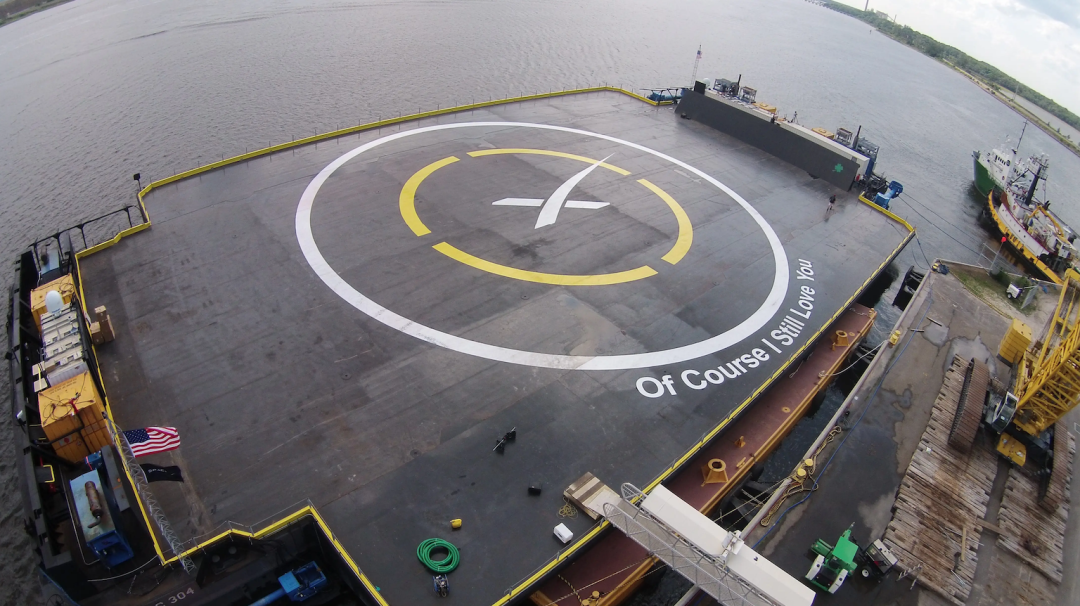
Tesla often found itself unable to pay salaries and only had a few hundred thousand dollars in liquidity in its account before securing a $20 million investment. If funding was not completed that day, bankruptcy might have been declared a few hours later. In 2019, Tesla began production in Shanghai, achieving retaliatory growth. Soon after, Tesla frequently ranked first on the global electric car sales list.
Today, Musk’s net worth exceeds $200 billion. Although his talk of sending humans to Mars still sounds incomprehensible, it has given his industrial empire a unique battle cry. His employees are well aware of this and know that their daily efforts are aimed at achieving this seemingly impossible goal.
In a sense, the exploitation and foul language towards employees is also part of Musk’s Mars mission. Some employees like him for this, while others, even if they dislike him, remain loyal to him because of their admiration and recognition of his motivation and mission.
Perhaps Musk will face even greater difficulties in the future, or perhaps there will be new miracles. Nobody can predict which one will come first. The only thing that can be determined is that Musk’s character will continue to drive him to do more of what he wants to do.
Final Thoughts
In almost every publicly available video where Musk sells his ideals, there is an unconventional conversation. Lex Fridman, who works in artificial intelligence research at MIT, asked Musk, “What is love?”
Musk hesitated for a long time, and after repeatedly asking himself “what is love,” he finally said, “the reason I care about space civilization is fundamentally because I love humanity. I want to see it thrive. If I didn’t love humanity, I wouldn’t care about these things.”
When SpaceX’s Falcon 9V1.2 rocket successfully landed at sea, the landing ship read, “of course I still love you.”
This article is a translation by ChatGPT of a Chinese report from 42HOW. If you have any questions about it, please email bd@42how.com.
